Who was Alexander Hamilton? (🧵)
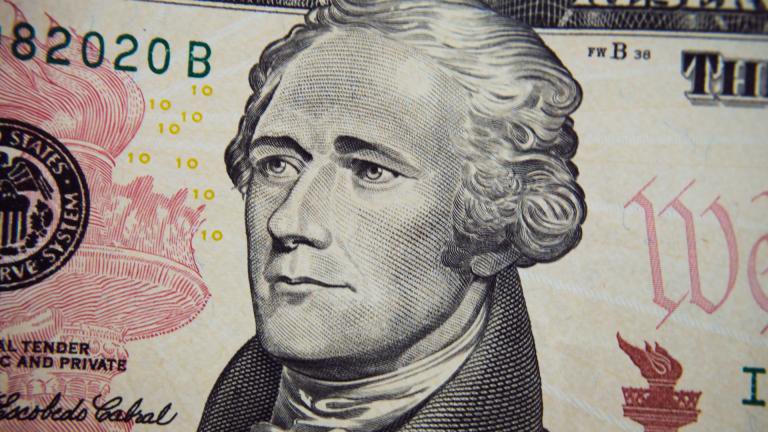
Federalism: Hamilton’s Federalist policies are the pretext of modern day American Nationalism. Federalism promoted a strong central government, national unity, and economic independence, prioritizing national interests and sovereignty while maintaining a constitutional framework
Hamilton's economic policies, including the establishment of tariffs to protect American manufacturing, were strongly opposed by Jefferson. Hamilton's policies favored merchants and financiers, while Jefferson, though wealthy, favored policies aimed toward ordinary farmers.
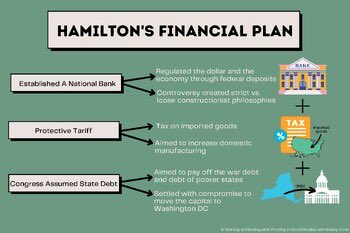
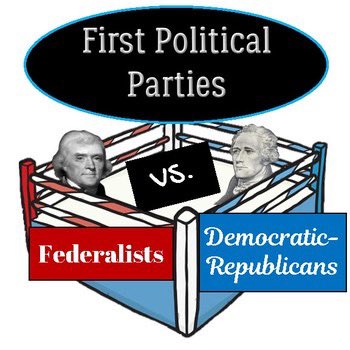
During his early political career, Hamilton was influenced by Enlightenment ideas, which emphasized reason, science, and skepticism of traditional religious doctrines.
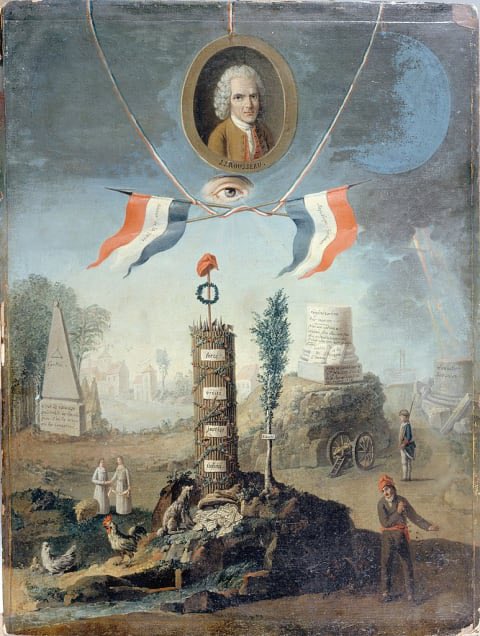
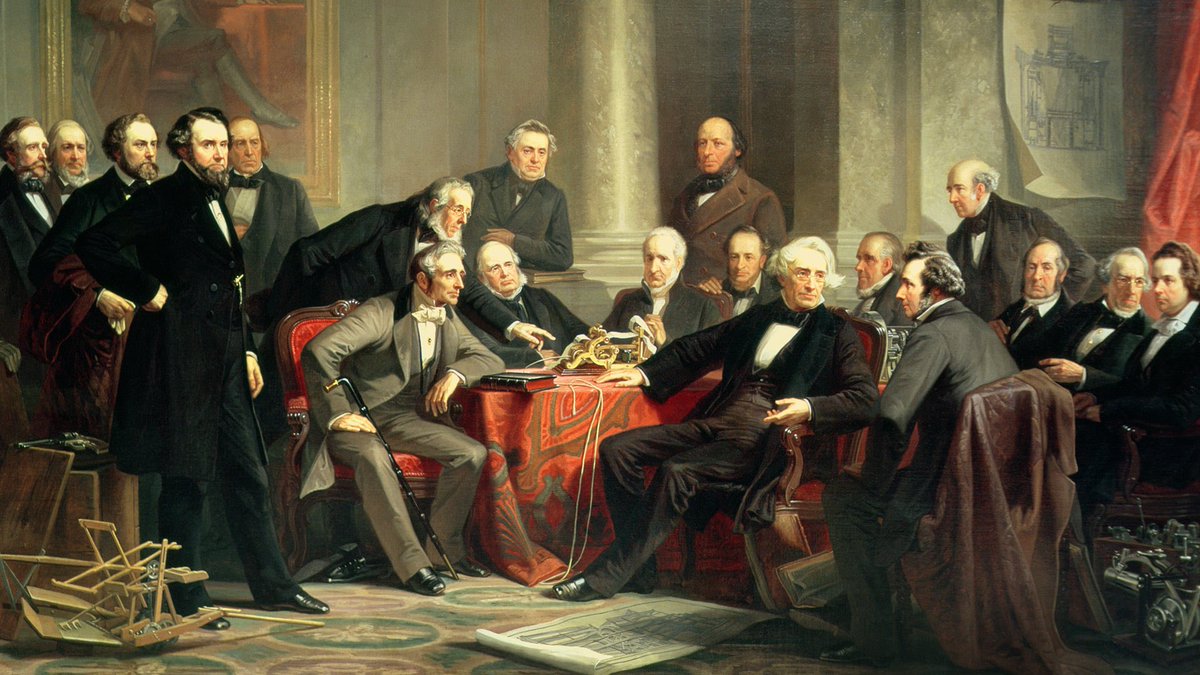
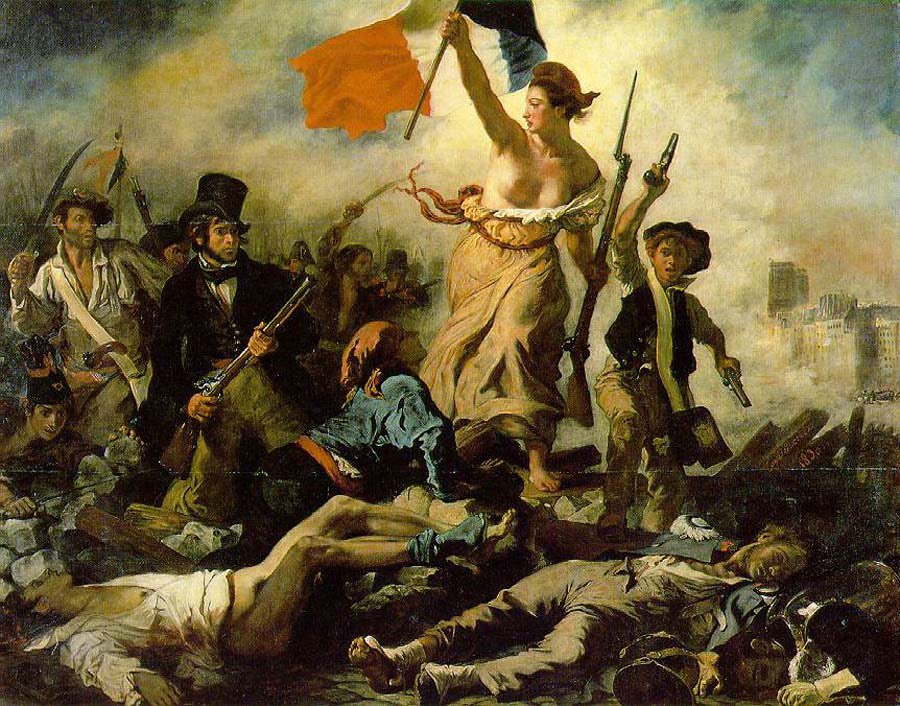
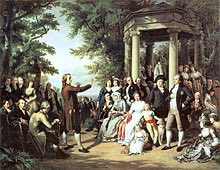
This intellectual movement of “enlightenment” had a strong presence in the American founding era, influenced by Freemasonry and deist philosophies that were championed by forefathers such as Washington and Franklin, which celebrated rational inquiry over orthodox faith.
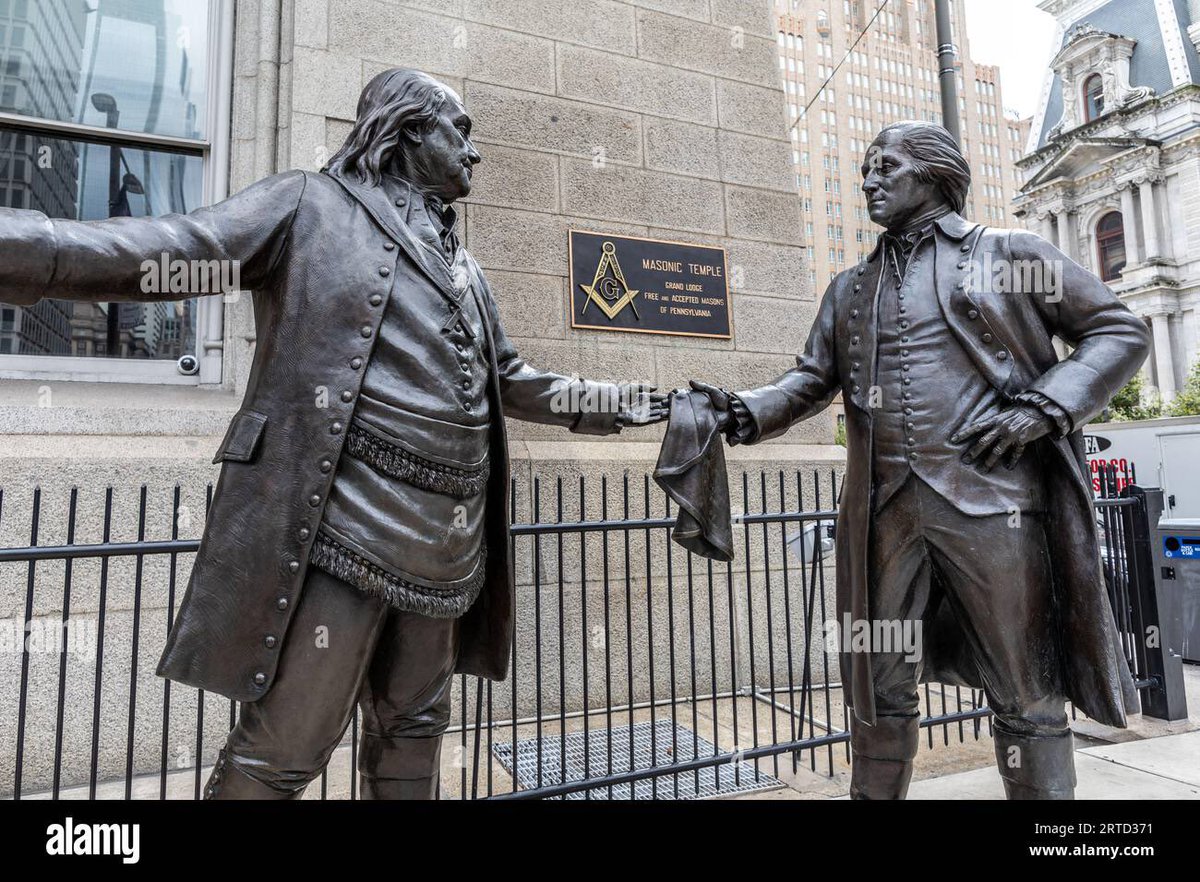
The tragic death of his eldest son, Philip Hamilton, in 1801 during a duel, profoundly impacted Alexander Hamilton. This loss deeply shook him and marked a turning point in his personal life.
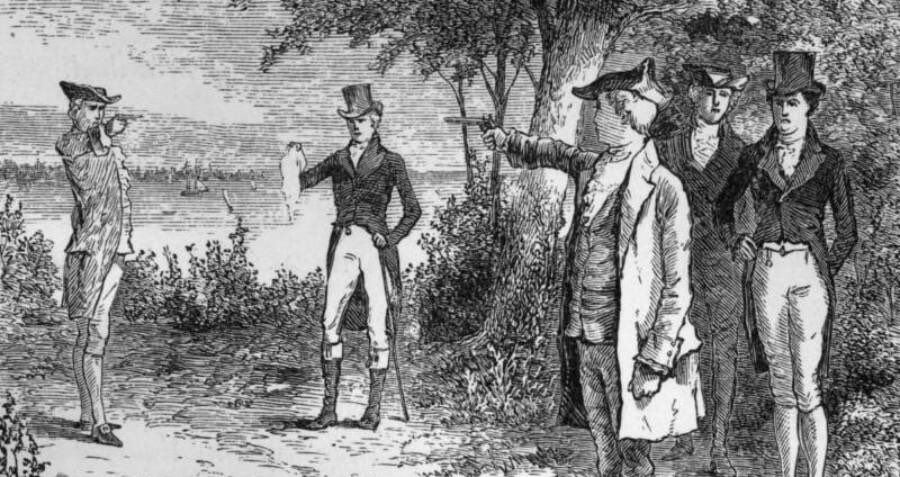
His grief over Philip's death caused him to reflect on matters of life, death, and morality in ways that were deeply intertwined with his religious beliefs. Hamilton became more vocal about his faith in Jesus Christ.
After Philip's death, Hamilton wrote to his friend Gouverneur Morris: My loss is indeed great... but, my dear friend, I have been endeavoring to make my peace with God. We have both been sinners and have yet to learn to say, ‘Thy will be done.’
In a letter to his wife, Eliza Hamilton, after their son’s death, He said: “Remember, my Eliza, you are a Christian. God’s will be done. We are all in His hands.
In 1804, Dr. Charles D. Cooper, a New York political figure, reported that Hamilton had spoken disparagingly of Burr at a private dinner. Cooper wrote that Hamilton had expressed a "despicable opinion" of Aaron Burr. This insult led Burr to challenge Hamilton to a duel.
Three years after the death of his son, Alexander would duel in the same spot of his death.
Hamilton was opposed to the idea of dueling, because he believed it would be a violation of his ethical standards. However, he agreed to the duel.
He was unwilling to sacrifice his ability to continue in public life by declining, fearing it would damage his reputation. He made it clear to friends that he intended to purposefully miss Burr during the duel, thereby avoiding killing him while still satisfying God.
Hamilton and Burr met at the appointed time. They stood approximately ten paces apart. After receiving the signal, Burr fired his weapon, striking Hamilton in the lower abdomen. Hamilton's shot missed Burr and hit a tree branch above him, consistent with his earlier statement.
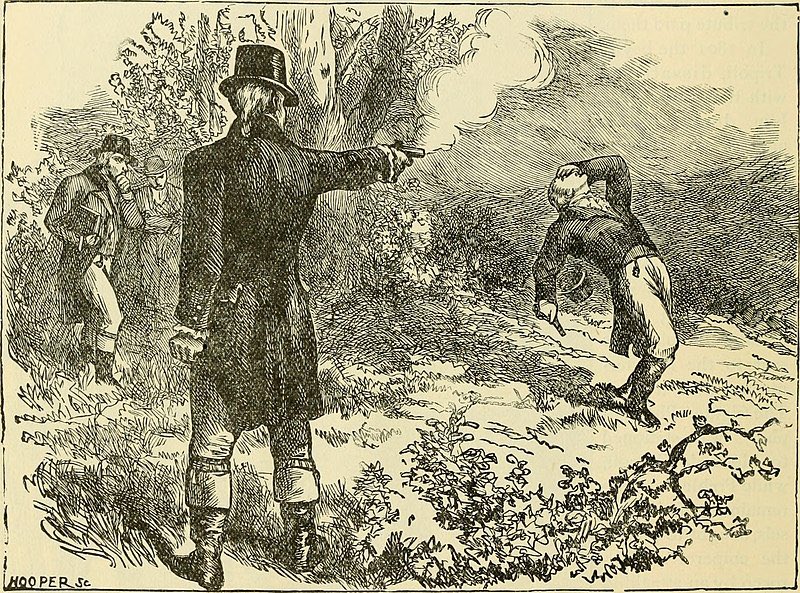
Hamilton collapsed, mortally wounded. The bullet from Burr's pistol had shattered one of his ribs, passed through his liver, and lodged in his spine. Burr reportedly showed little emotion immediately after the duel, while Hamilton was transported to the home of a friend.
Hamilton lingered in agony for more than 30 hours after the duel. During this time, he was attended by friends, family, and clergy. His wife, Eliza, remained by his side throughout his final hours. Despite his intense pain, Hamilton's thoughts turned to matters of faith.
During his final moments on his deathbed, he said: “I have no ill-will against Colonel Burr. I met him with a fixed resolution to do him no harm. I forgive all that happened. I am a sinner. I look to the Lord for mercy.”
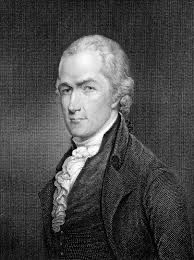
Hamilton expressed a desire for forgiveness and reconciliation with God. He received Communion and continued to offer prayers. On July 12, 1804, He died from his injuries at age 47. As the forefather of American Nationalism, may his life be a lesson, and his memory live on.


@threadreaderapp unroll
